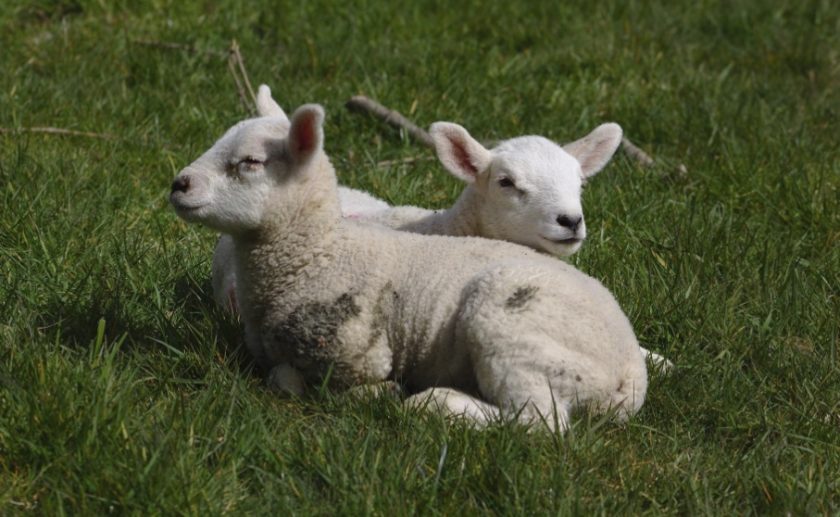North Wales Rural Crime Team leads pioneering dog DNA project to stop livestock attacks

A number of police forces are joining a pioneering project which was “born North Wales” and aimed at combating livestock attacks through canine DNA analysis.
The project, led by Liverpool John Moores University in collaboration with the North Wales Police Rural Crime Team, is expanding its reach nationally, working alongside farmers and veterinarians to improve the collection and analysis of DNA from dogs suspected of attacking livestock.
Launched in 2021, the Canine DNA Recovery Project (CDnaRP) seeks to identify dogs involved in livestock attacks by swabbing injured or deceased animals at crime scenes.
University researchers then analyse these samples to isolate the DNA of the offending dog.
The project’s expansion is seen as a significant step forward in addressing the devastation caused by such attacks.
The initiative is closely linked to the proposed Dogs (Protection of Livestock) Amendment Bill currently under consideration in Parliament.
The bill would empower police officers to collect DNA samples from suspected dogs to compare with DNA found at attack scenes, enhancing the ability to prosecute offenders.
North Wales Police Rural Crime Team PC Dave Allen, who also serves as the National Police Chiefs’ Council Secretary for Livestock Offences, expressed his enthusiasm for the project.
“This is an exciting project with lots of potential for an offence that can be devastating for all parties involved.”
“It is a project that was born in North Wales as a direct result of the issues our rural community and Rural Crime Team encountered, I am pleased to see the project going nationwide.”
“The science being developed is a core component of the proposed Dogs protection of Livestock Amendment bill currently going through the UK parliament.”
“The direct input from our rural communities and Rural Crime Team will assist other such communities all over England and Wales for generations to come.”
As part of the project, early evidence kits will be distributed to ten police forces across England and Wales this summer.
These kits, designed for use by officers, vets, and farmers, allow for the quick collection of DNA at the scene of an attack. PC Allen highlighted the importance of these kits, stating,
“These kits are an exciting development and can be utilised for an issue that causes major concern to our UK rural communities.”
Dr. Nick Dawnay, the lead researcher from Liverpool John Moores University, emphasised the challenges faced in collecting forensic samples from often remote attack locations.
“Our rural crime police can’t always attend scenes in a timely manner, so quite often no forensic sample is collected from the injured or deceased livestock.”
“The DNA of an offending dog will not last long on an animal exposed to the elements or on a dead carcass that has been disturbed or moved,” he explained.
The project has garnered support from key agricultural organisations. Hannah Binns, NFU Mutual Rural Affairs Specialist, noted the significant impact of dog attacks on livestock.
She said: “Alarmingly, UK farm animals worth an estimated £2.4 million were severely injured and killed by dog attacks last year.”
“Not only do these attacks cause unnecessary suffering to livestock, but can traumatise farmers and their families as they deal with the aftermath.”
Nicola Noble, Project Manager at the National Sheep Association (NSA) said: “NSA surveys as part of its sheep worrying awareness raising campaigns have highlighted that sheep attacks by dogs are increasing over the years and more disturbingly becoming the norm for sheep farmers.”
“This needs to change urgently.”
Hannah Binns added: “All dogs are capable of chasing, attacking and killing farm animals, regardless of breed, size or temperament.”
“That is why it is so important people keep their pets on leads wherever livestock may be present.”
The success of the project hinges on the widespread adoption and validation of these evidence kits.
While currently intended for research use, their potential for future evidence collection could significantly aid in the prosecution of offenders and provide much-needed relief to affected farmers.
Kits will be distributed through participating police forces and agricultural organisations, including NFU Mutual, the National Sheep Association, and the National Farmers Union Wales.
Spotted something? Got a story? Send a Facebook Message | A direct message on Twitter | Email: [email protected]Latest News









